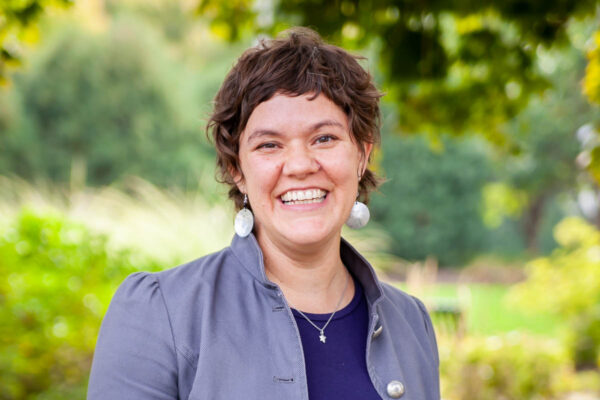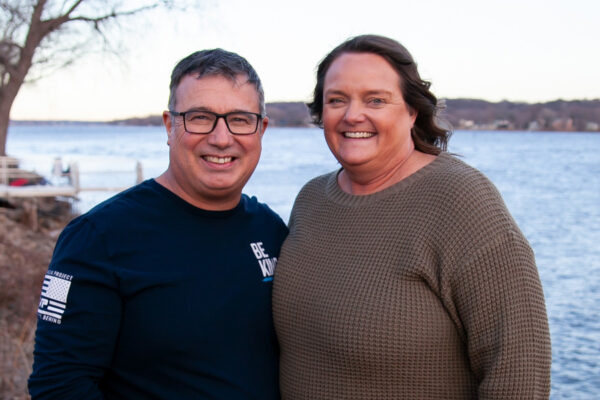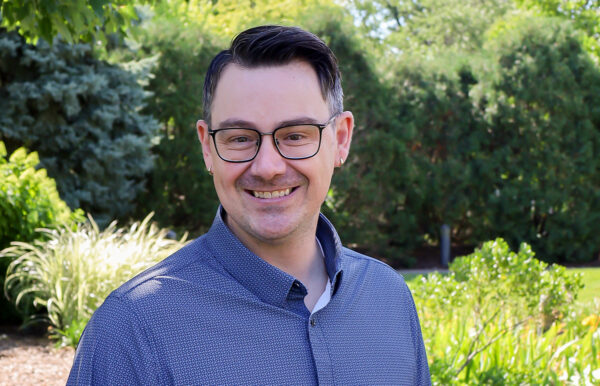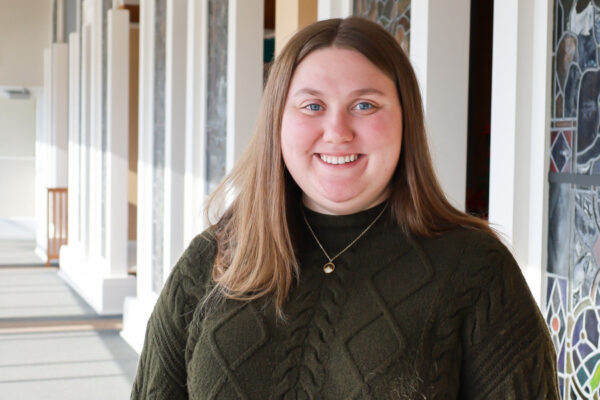Sharing the bananas

Just after the Second World War, when trade routes opened and food returned to war-torn England, the country received a shipment of bananas. The government allotted one for each child, so they could experience the taste of a banana. At the time, the writer and journalist Evelyn Waugh had three children at home, so his family received their ration of three bananas.
Waugh’s son, Auberon Waugh remembers that day, but not because he took a bite of that fruit. Instead, his father took the bananas intended for his children. He peeled them, put them on a plate, poured cream and sugar (still tightly rationed after the war) over them, and ate all three bananas as his children watched. His son wrote, “It would be absurd to say that I never forgave him, but he was permanently marked down in my estimation from that moment.”
This story of Evelyn Waugh and the bananas is laughably selfish. None of us would take something intended for someone else and eat it in front of them. And yet, we live in neighborhoods where some have cupboards full, and others worry how their children will get lunch when school finishes in a few weeks. That banana story seems almost impossibly cruel, yet today, right now, more than a half a million people in Gaza are experiencing acute malnutrition and starvation while food and humanitarian aid sit in trucks stuck on the other side of blockades.
This story holds up a mirror and reminds us of our very human tendencies toward selfishness, individually and communally. It demands that we think about how we participate in systems where some have a lot, and others go without. When our ease or ignorance closes us off from others, we need to be opened. Stories like these shake us out of our disregard of others or our paralyzing apathy and move us into action and generosity.
But there is more to our human condition. While our greedy tendencies are real, we humans also have this remarkable generosity baked into us. This story about Evelyn Waugh is remembered decades later only because his cruelty is unique. I’d be willing to bet that almost every other English parent at the time not only shared, as expected, but experienced more joy in seeing their children’s delight in tasting the bananas than Mr. Waugh ever did by eating them himself.
For every selfish story like this, I could tell a dozen stories about people who live with generosity, well beyond bananas. They discovered that real goodness is found not by hogging the rationed cream and sugar for themselves, but by giving what they have for the sake of others, not just family but perfect strangers. As St. Francis reminded us, it is giving that we receive.
While so many suffer near and far away, now is our opportunity to live a different kind of way, to risk speaking about what matters and giving ourselves away. As followers of Jesus, we do this not only for the sake of our neighbors across the world or across the street, but for our own joy and aliveness.




vida Luth
A very touching, and sad, story. A high school counselor that I knew several years ago had a student that kept being sent to her from class for counseling because he was falling asleep in class. One morning she had a basket of apples on her desk and she flipped an apple to him. He immediately devoured the apple. She realized he was hungry and not eating breakfast or lunch. She thought if he was hungry, there were other hungry students. She started a program, with support from teachers and administrators, that gave students an opportunity to get a lunch ticket, at no cost, (She collected donations for her cause) that was identical to the tickets that students used who were purchasing lunches. I asked her if there were students that abused her program and her response was no. she indicated that students were embarrassed, but grateful! I loved her story.
George Roland
My parents spent WWII under German occupation. They did not have much during those years especially after the Germans helped themselves to much of their farm production. After the war my dad’s grandfather got 3 oranges from Spain for him and his two brothers—-best Christmas present he ever received.
K.D. Kalber
Thanks, Sara for this timely and meaningful message. We have been so very blessed. I pray that the food in storage will reach those who need it most.
L Chester
Wonderful perspective.